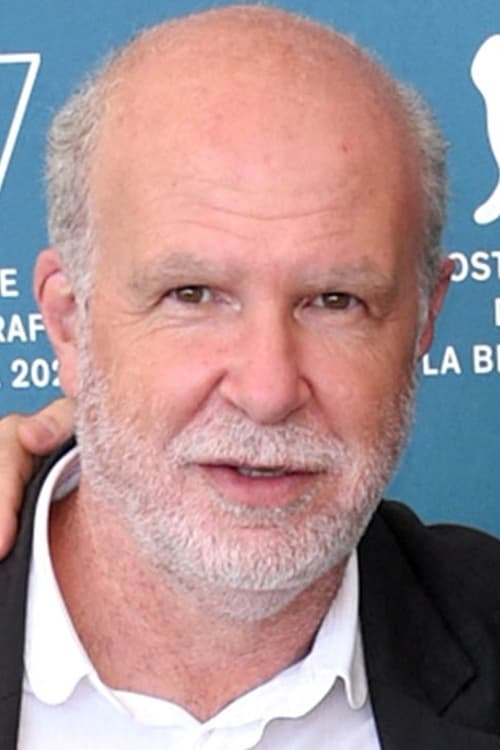死霊魂 (2018)
ジャンル : ドキュメンタリー
上映時間 : 8時間 26分
演出 : Wang Bing
シノプシス
中国史の闇といわれている「反右派闘争」に迫った、全三部、8時間を超えるドキュメンタリー大作。1950年代後半、中国共産党によって突然「反動的な右派」と名指しされた55万人もの人が理由もわからずに収容所へ送られた「反右派闘争」。収容所は世界的な大飢饉も重なり、大量の餓死者が続出する地獄のような状況と化した。生存率10%とも言われた収容所から生き延びた人びとが、半世紀以上の時を経てカメラの前で語る体験の数々。山形国際ドキュメンタリー映画祭2019のインターナショナル・コンペティション部門で上映され、ロバート&フランシス・フラハティ賞(大賞)と市民賞(観客賞)をダブル受賞した。
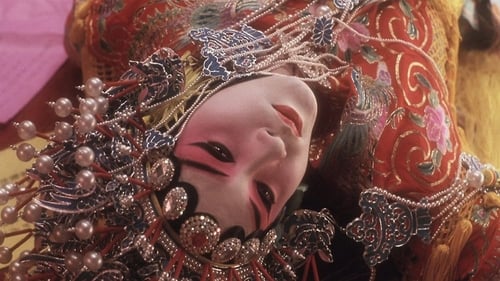
1925年、9歳の少年・小豆子は、娼婦の母親に連れられ京劇養成所“喜福成”にやって来た。そこで彼は少年・小石頭と仲良くなる。やがてふたりは成長し、小豆子は女形に、小石頭は男役に決められ、それぞれ程蝶衣、段小樓と名乗り有名スターになっていく。1937年、中国と日本との戦いが深まる中で、段小樓は娼婦の菊仙と出会い結婚する。段小樓に思いを寄せていた程蝶衣は、2度と共演しないと言い放ち、彼のもとを去る。
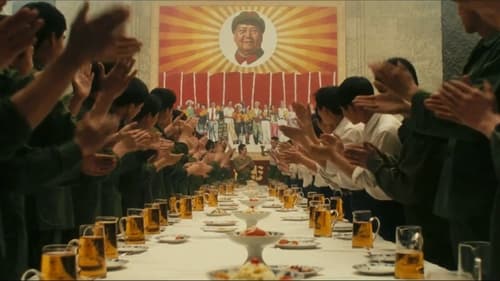
製作総指揮、ウェン・チェン。文化大革命に揺れる北京を舞台に、少年のひと夏の恋を描く。主演は新人のシア・ユイ。本作でベネチア映画祭主演男優賞を受賞した。中国中央楽団による音楽も印象的。
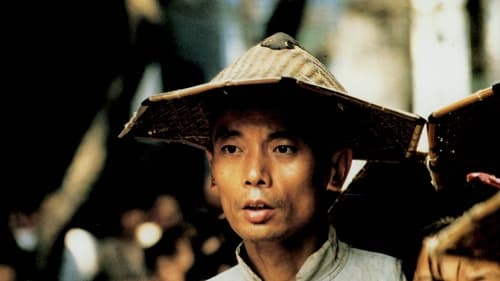
1940年代の中国。資産家の息子だったフークイだが、賭けに負けてしまい全財産を失う。身重の妻チアチェンは愛想をつかして実家へ戻ってしまった。しかし、半年後、長男が誕生したのを機に夫フークイのもとへと戻ってくる。心機一転、困窮する一家の家計を支えようとフークイは得意の影絵の巡業を始める。そんな矢先、フークイは国民党と共産党の内戦に巻き込まれてしまう。フークイがやっと家族のもとに戻ってきたのは、共産党の勝利が決まり内戦が終結した後だった。一家はその後も、中国現代史の荒波にもまれながらも逞しく生きていく……。
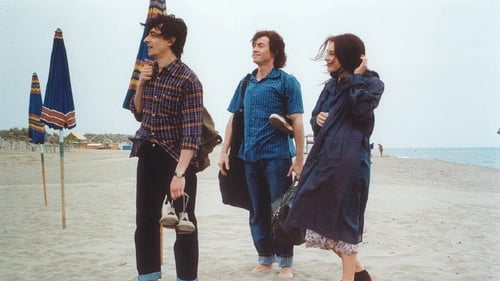
Spanning nearly four decades, this generational epic follows two Italian brothers from a middle-class family through some of the most significant events of postwar Italian history after their life paths diverge thanks to one fateful encounter during the summer of 1966.
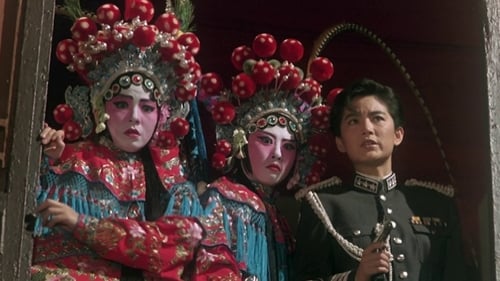
The film is set in 1913 Beijing, during Yuan Shikai's presidency of the Republic of China. It depicts the adventures of a team of unlikely heroines: Tsao Wan, a patriotic rebel who dresses as a man; Sheung Hung, a woman in search of a missing box of jewels; and Pat Neil, the daughter of a Peking Opera impresario.
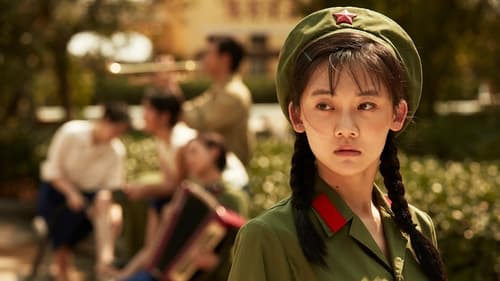
1970年代の中国を舞台に、激動の時代の波に翻弄されながらもたくましく生きる若者たちの切なくも美しい青春の日々をつづったラブストーリー。
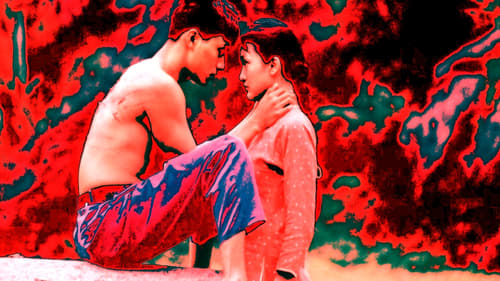
1971年、文革の嵐が吹き荒れる中国。青年マーとルオは医者を親に持つことから、反革命分子の子として再教育のために奥深い山村へ送り込まれた。彼らはそこで過酷な肉体労働を強いられる。ある日2人は、美しい少女、お針子に出会う。ルオはお針子に一目惚れした。彼らは、同じ再教育で来ている若者が禁書である西洋の本を大量に隠し持っていることを知り、それを盗み出す。そして、文盲のお針子に毎夜西洋の文学を読み聞かせてあげるのだった。許されない秘密を共有することで結びつきを強める3人。そして、お針子は西洋文学が語る自由に次第に目覚めていく…。

Based on a novel by the same name written by Gu Hua, a melodrama about the life and travails of a young woman who lives through the turmoil of the Cultural Revolution.
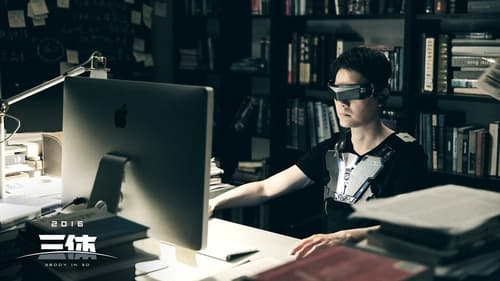
Based on the novel of the same name by Cixin Liu, the first in the Remembrance of Earth’s Past trilogy. Hundreds of physicists died mysteriously. A Chinese nanomaterials expert, Wang Miao, sees a mysterious countdown in his eyes. Soon he finds out that the "disastrous planet" under three suns in a game really exists. The three-body civilization there will reach the Earth in 400 years. A future catastrophe is coming for humanity...

China's rapid changes from the late-1970s to the early 1990s, as seen through the lives of four performers in a theater troupe.
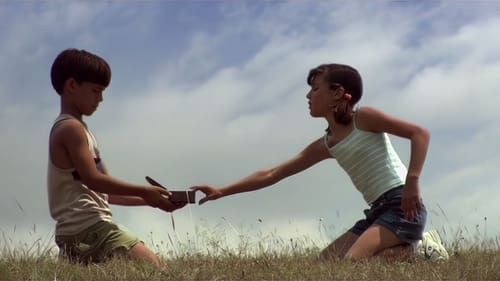
The friendship between two children is threatened by their parents’ differences. Malú is from a family that was upper-class before the Revolution and remains well-to-do through remittances from relatives overseas, and her single mother (Larisa Vega Alamar) does not want her to play with Jorgito, as she thinks his background coarse and commonplace. Jorgito’s mother (Luisa María Jiménez Rodríguez),
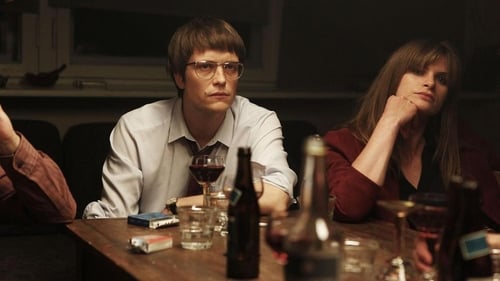
In the early 60s, Bernward Vesper and fellow university student Gudrun Ensslin begin a passionate love in the stifling atmosphere of provincial West Germany. Dedicated to the power of the written word, Bernward and Gudrun found a publishing house whose first publication is, paradoxically to many, a controversial past work of Bernward's ostracized father, an infamous Nazi author. Bernward defends his father's writing ability, even if he is haunted by his father's suspicious past.

As the Communist Party of China celebrates its 100th anniversary, this documentary looks back at the party’s history, from the 1920’s, to the Civil War, the Great Leap Forward, the Great Famine, the Cultural Revolution and the reforms by Mao Zedong and Deng Xiaoping. Did the Great Famine cost more than 15 million lives? How does the Cultural Revolution continue to shape Chinese politics today? What was capitalism like after Mao’s death? Through rare and never-before-seen historical footage, expert interviews and eyewitness accounts of the Great Famine, Tiananmen incident, and the Cultural Revolution, get to know how one party has so profoundly shaped China.

The poet and painter, Lawrence Ferlinghetti, is among the world's living monuments to arts and letters. For well over a half century, Ferlinghetti helped shape the currents of poetry and literature with his forceful engagement with society and an ideological position that often found him at odds with the political currents of his day. Ferlinghetti's quiet, behind the scenes demeanor and disarming mien may have assuaged, or even fooled, certain opponents, while in reality he was a literary mercenary, a rebel at the forefront of our own cultural revolution.

The film Morning Sun attempts in the space of a two-hour documentary film to create an inner history of the Great Proletarian Cultural Revolution (c.1964-1976). It provides a multi-perspective view of a tumultuous period as seen through the eyes—and reflected in the hearts and minds—of members of the high-school generation that was born around the time of the founding of the People’s Republic of China in 1949, and that came of age in the 1960s. Others join them in creating in the film’s conversation about the period and the psycho-emotional topography of high-Maoist China, as well as the enduring legacy of that period.

The history of the irreverent "The Smothers Brothers Comedy Hour" and the content battles it fought with its television network.

中国史の闇といわれている「反右派闘争」に迫った、全三部、8時間を超えるドキュメンタリー大作。1950年代後半、中国共産党によって突然「反動的な右派」と名指しされた55万人もの人が理由もわからずに収容所へ送られた「反右派闘争」。収容所は世界的な大飢饉も重なり、大量の餓死者が続出する地獄のような状況と化した。生存率10%とも言われた収容所から生き延びた人びとが、半世紀以上の時を経てカメラの前で語る体験の数々。山形国際ドキュメンタリー映画祭2019のインターナショナル・コンペティション部門で上映され、ロバート&フランシス・フラハティ賞(大賞)と市民賞(観客賞)をダブル受賞した。
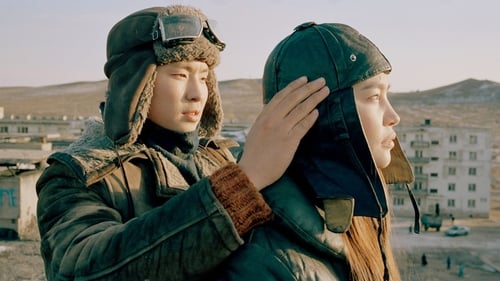
Set in the frozen steppes of Mongolia, a young nomad is confronted with his destiny after animals fall victim to a plague which threatens to eradicate nomadism.

When her country is taken over by socialist revolutionaries, a wealthy woman can't bear to give up all of her wealth and possessions to the new government, so she hides all of her treasures in the 12 chairs of a dining-room set. After her death her nephew finds out what she had done and, since the chairs had been "nationalized" and are now in the possession of a dozen different people, he sets out to track them down and get the treasures he believes rightfully belong to him.

Pre-Cultural Revolution propaganda at its most lavish, this model opera depicts the history and evolution of the Communist Party of China under Mao Zedong from its founding in July 1921 to the establishment of "New China" in 1949. Detailed in the musical are several key events in CPC history such as the Northern Expedition, the KMT-led Shanghai massacre of 1927, the Nanchang Uprising and formation of the People's Liberation Army, the Long March and the founding of the PRC on October 1, 1949.




